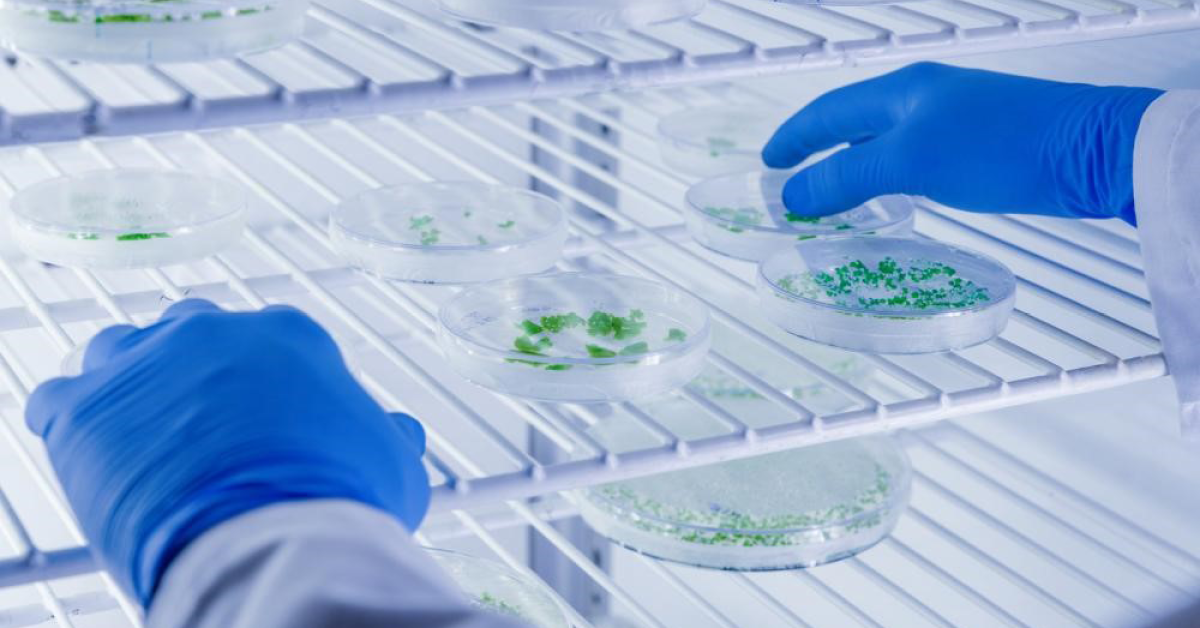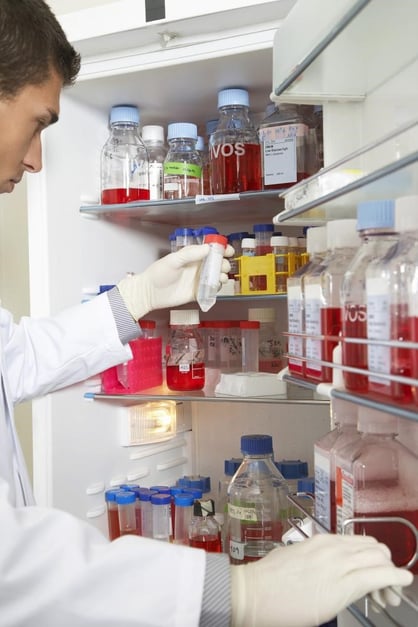All You Need to Know About Medical & Lab Refrigeration

Every facility has its unique cold storage needs when it comes to medical refrigeration. Biomedical research laboratories need refrigeration to store critical samples at precisely controlled temperatures, while medical clinics may need it to store medication, vaccines, blood bags, or organs for transplant.
As opposed to regular kitchen refrigerators, medical refrigeration requires specially designed equipment for lab purposes. These fridges provide uniform temperature stability, thereby preserving critical biological samples and serums.
Let’s discuss in detail how medical refrigeration can play a fundamental role in pharmaceutical and laboratory processes.
What Is A Medical Refrigerator?
In addition to maintaining consistent and low temperatures with minimum fluctuations, medical refrigerators are designed to be sturdier and offer quick temperature recovery. This is especially critical in situations where the refrigerator door is continually opened and closed. Our biopharmaceutical refrigerators, for instance, offer forced-air circulation, which provides quick recovery after door openings and maintains chamber uniformity.
Additionally, medical fridges have audible and visual alarms that alert staff in the instance of high or low-temperature values. These alarms can also go off if the refrigerator door isn’t closed all the way, ensuring critical samples remain protected.
Medical refrigerators typically operate at a temperature range from +2°C to +8°C.
Finding the Right Medical Refrigerator for Your Facility
Let’s talk about the various elements you need to take into consideration when buying a lab refrigerator online.
Size And Capacity
When selecting a laboratory refrigerator, it’s important to consider your storage needs, because how you stock your unit can have an impact on its temperature performance.
Medical refrigerators work best when they’re loaded between 30% and 80% because empty refrigerators undergo large temperature fluctuations from the top to the bottom of the unit. In this case, the cold air may not circulate properly, leading to hot spots that damage stored samples.

Temperature Monitoring
It’s important to monitor the temperature of your medical refrigerator to ensure the contents are protected and preserved. While all scientific refrigerators come with temperature readouts on the outside of the units, we recommend recording temperatures via data loggers for long-term and reliable data monitoring. These data loggers record the unit’s interior temperatures at time intervals set by the user.
USB-based loggers, like the ones that come with our medical-grade refrigerators, save information to a thumb drive, allowing the lab technicians to view temperature performance via charts and spreadsheets.
Get Your Hands On VR Series High-Performance Pharmacy Refrigerators Today!
Our laboratory refrigerators come with three different configurations for blood banks, vaccine, and pharmaceutical applications. They offer medical and pharmacy-grade storage in accordance with the CDC’s recommendations and come with dual redundant temperature sensors and data logging.
Buy lab refrigerator and ULT freezers from one of the leading biomedical equipment manufacturers in the market! Contact our team for more information.


